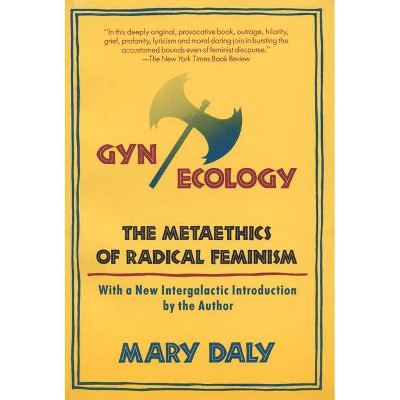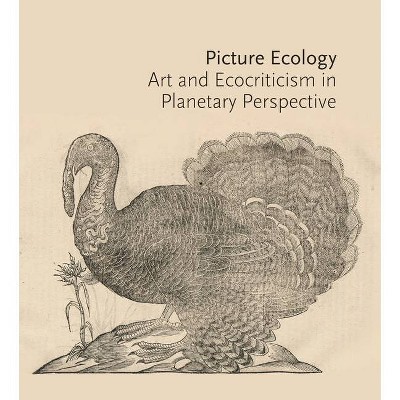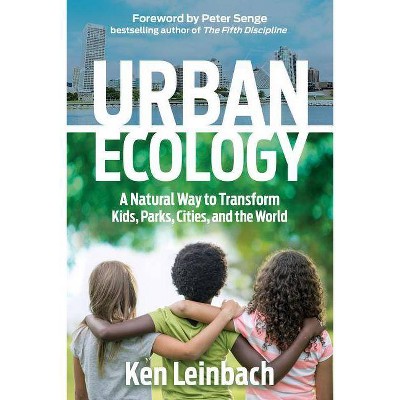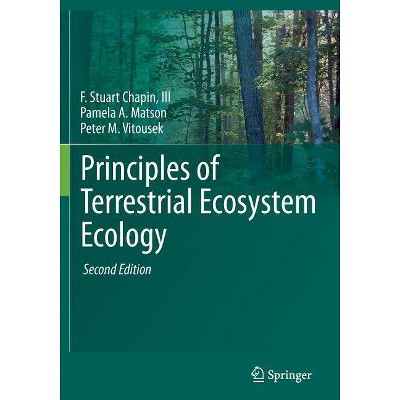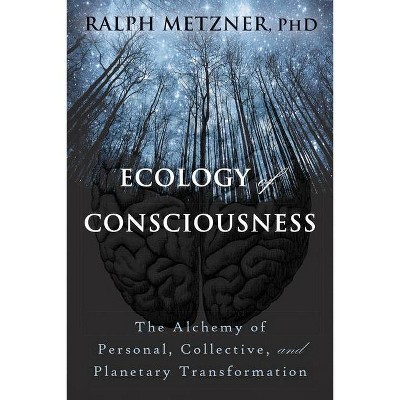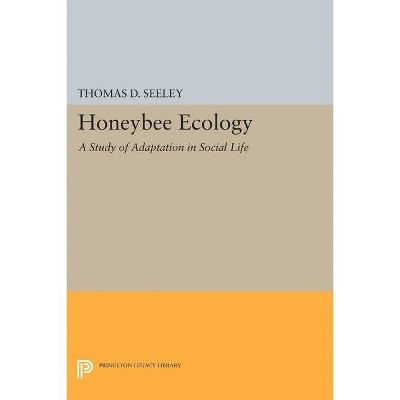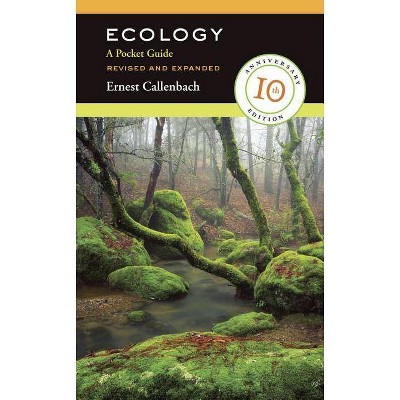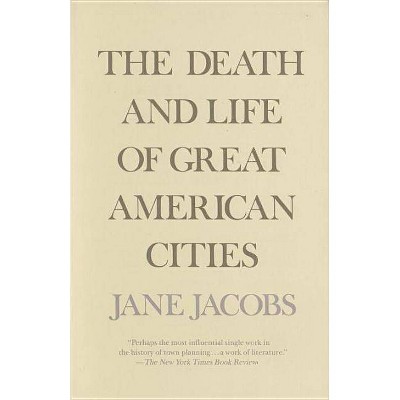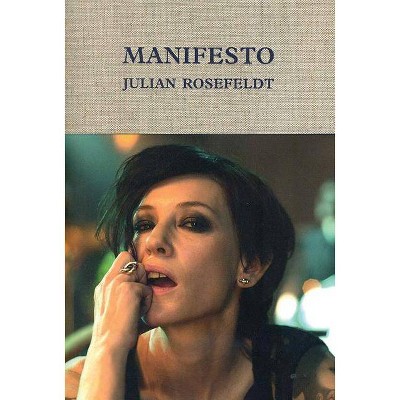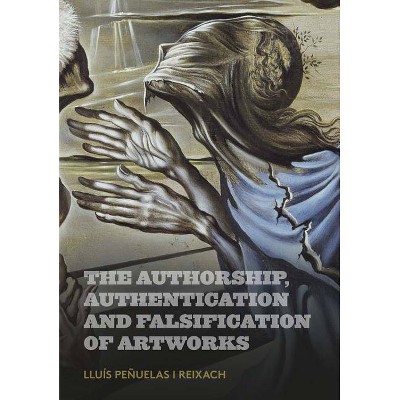Building Ecology - by Peter Graham (Paperback)
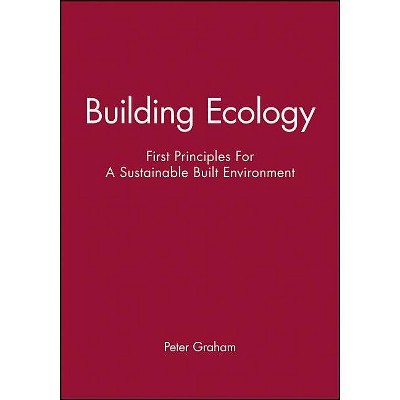
Similar Products
Products of same category from the store
AllProduct info
<p/><br></br><p><b> Book Synopsis </b></p></br></br><i>Buildings consume 40% of our planet's materials and 30% of its energy. Their construction uses up to three million tonnes of raw materials a year and generates</i> <i>20% of the soild waste stream</i>. <i>If we want to survive our urban future, there is no option but to build in ways which improve the health of ecosystems.</i> <br /> <p><br /> </p> <p>Understanding the concept of ecological sustainability and translating it into practice as sustainable development is a key challenge for today's built environment professionals. The skill and vision of those who shape our cities and homes is vital to achieving sustainable solutions to the many environmental, economic and social problems we face on a local, national and global scale.<br /> </p> <p><br /> </p> <p>Peter Graham offers here a holistic view of ecologically sustainable building by drawing on established areas of knowledge, demonstrating their relevance to the environmentally-conscious building professional and putting the process, product and impact of building into context.<br /> </p> <p><br /> </p> <p>Case studies illustrate how sustainable principles have been applied successfully and discussion topics are offered to stimulate thought. <i>Building Ecology</i> will help planners, surveyors, designers and builders to incorporate sustainability into their everyday practice by: <br /> </p> <p><br /> </p> <p>- showing which styles of building are ecologically sustainable<br /> </p> <p>- providing fundamental knowledge for making decisions using the principles of ecologically sustainable building<br /> </p> <p>- explaining a complex subject in a clear, balanced way.<br /> </p> <p><br /> </p> <p><i>Building Ecology</i> sets out the current scientific view of how nature works and how buildings link with and affect nature. It provides fundamental knowledge for building in harmony with nature and keeping Earth's life-supporting ecosystems healthy.</p><p/><br></br><p><b> From the Back Cover </b></p></br></br><i>Buildings consume 40% of our planet's materials and 30% of its energy. Their construction uses up to three million tonnes of raw materials a year and generates</i> <i>20% of the solid waste stream</i>. <i>If we want to survive our urban future, there is no option but to build in ways which improve the health of ecosystems.</i> <br /> <p><br /> </p> <p>Understanding the concept of ecological sustainability and translating it into practice as sustainable development is a key challenge for today's built environment professionals. The skill and vision of those who shape our cities and homes is vital to achieving sustainable solutions to the many environmental, economic and social problems we face on a local, national and global scale.<br /> </p> <p><br /> </p> <p>Peter Graham offers here a holistic view of ecologically sustainable building by drawing on established areas of knowledge, demonstrating their relevance to the environmentally-conscious building professional and putting the process, product and impact of building into context.<br /> </p> <p><br /> </p> <p>Case studies illustrate how sustainable principles have been applied successfully and discussion topics are offered to stimulate thought. <i>Building Ecology</i> will help planners, surveyors, designers and builders to incorporate sustainability into their everyday practice by: <br /> </p> <p><br /> </p> <p>- showing which styles of building are ecologically sustainable<br /> </p> <p>- providing fundamental knowledge for making decisions using the principles of ecologically sustainable building<br /> </p> <p>- explaining a complex subject in a clear, balanced way.<br /> </p> <p><br /> </p> <p><i>Building Ecology</i> sets out the current scientific view of how nature works and how buildings link with and affect nature. It provides fundamental knowledge for building in harmony with nature and keeping Earth's life-supporting ecosystems healthy.</p><p/><br></br><p><b> Review Quotes </b></p></br></br><br>'The book is well written and its conversational style engages the reader right from the start. Its readability does not detract from its intellectual rigour with arguments being well documented and thoroughly referenced....This is a stimulating and thought provoking book clearly written by a person holding deep convictions regarding the need for a sustainable built environment. The book will be useful for built environment academics and professionals alike.'<br /> <p><br /> </p> <p>Construction Management and Economics Jan 2004</p><br><p/><br></br><p><b> About the Author </b></p></br></br>Peter Graham is Lecturer in Sustainable Construction in the Department of Building & Construction Economics at RMIT University. He has developed undergraduate courses in environmental studies and management for building professionals and teaches both in Australia and in Singapore. Prior to this he worked in the commercial construction industry in Melbourne as a construction and quality manager and has also worked closely with the building industry in Australia, specializing in developing and implementing waste minimization programmes for companies and industry bodies. His international research includes work with the International Energy Agency, the International Council for Research and Innovation in Building Construction, and aid work in the Pacific.
Price History
Price Archive shows prices from various stores, lets you see history and find the cheapest. There is no actual sale on the website. For all support, inquiry and suggestion messagescommunication@pricearchive.us


